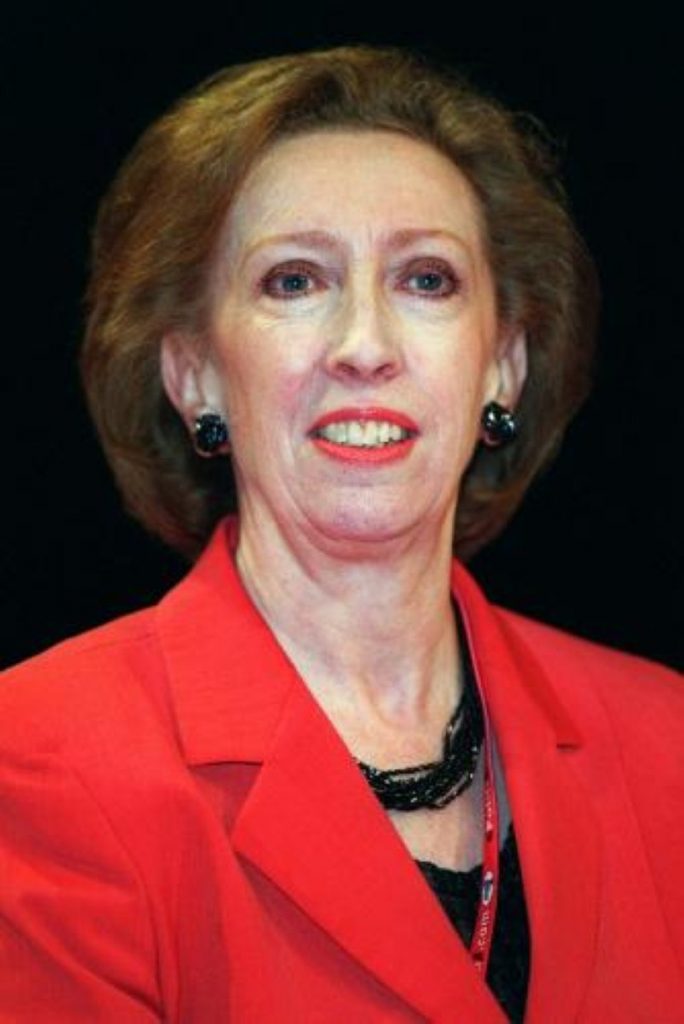Beckett: We must tackle underlying causes of insecurity
Labour’s foreign policy revolves around the need to “douse the smouldering embers of insecurity” at all times, Margaret Beckett has said.
The foreign secretary stressed the government did not treat underlying causes of unrest such as poverty and disease as a “fluffy alternative agenda”, but as key to the security of the international community.
This meant investing in debt relief and immunisation programmes, but also working to build a “culture of human rights and democratic governance” in failed states where terrorism might thrive.
She told the TUC in Brighton: “Any government has to and will react to individual instances of insecurity in the world around it.


“But what differentiates this Labour government is that we don’t see the underlying causes that I have identified as some fluffy alternative agenda – a luxury we can allow ourselves when more pressing matters are resolved.
“We recognise that if we don’t want to be constantly dealing with the eruption of new fires, we have to douse the smouldering embers of global insecurity.”
Labour has engaged in an active foreign policy since it came to power in 1997, much of it with the US – military action in Iraq and Afghanistan are two obvious cases, but Tony Blair also strongly backed Nato military strikes in Kosovo in 1999.
Questioned about Iraq this morning, Ms Beckett said she regretted the way the issue was debated in the UK which suggested there was nothing wrong with Saddam Hussein’s regime.
“Of course things were done that should never have been done.but I do not regret seeing the growth of freedom and seeing repair and reconstruction,” she said.
In her speech, the foreign secretary defended the policy of pressing for democracy around the world, warning: “We must never fall into the trap of thinking that pushing democratic values in the world is some sort of unacceptable cultural imperialism.
“When millions of Iraqis braved bombs to go to the polling stations, when men and women in Burma face prison or worse for advocating change, when 80-year-olds walk for miles to vote in the Democratic Republic of Congo, then surely the least we can do is lend them our active support,” Ms Beckett said.
She noted that one of the best ways to do this was help foster civil society abroad, and in this trade unions were vital. Their work had already helped people across the world to speak their mind and earn a decent wage, she said.
Ms Beckett called for a “step change” in the way the Foreign Office and the trade unions worked together to achieve this.
They already met about three times a year as part of the TUC-Foreign Office advisory council, “but we are conscious we should be doing a lot more with the trade union movement”.









